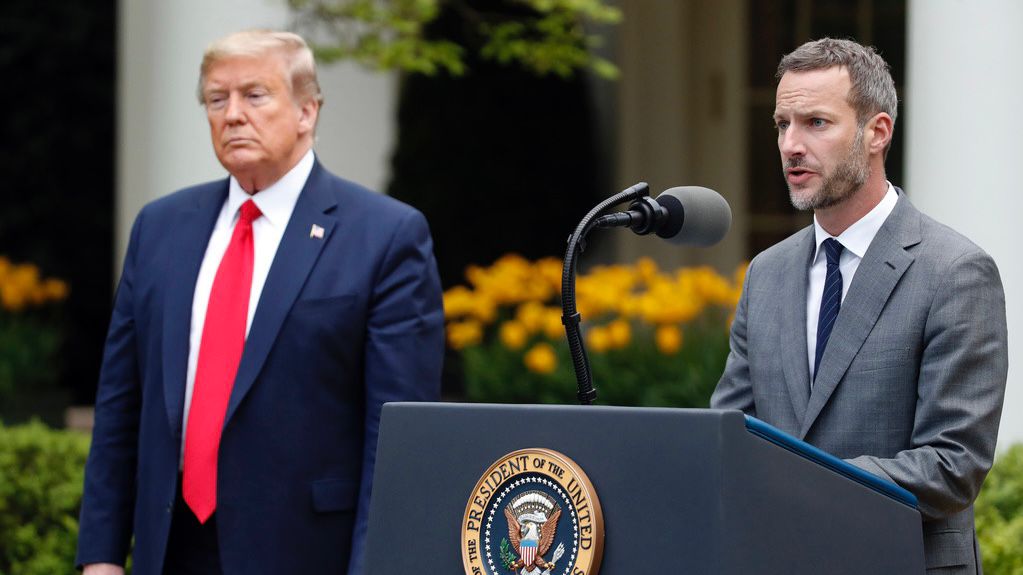Some alarming moments recently involving two senior United States Senators are fueling a debate about age limits for members of Congress, as upper-limit counterparts to the minimum age requirements to serve in either the House or Senate.
Less than two weeks after freezing during a weekly GOP press conference for no discernable reason, Senate Minority Leader Mitch McConnell, R-Ky., made an appearance at Fancy Farm, the Bluegrass State’s premiere annual political event. At the event, hecklers chided McConnell, 81, calling for him to resign.
On the day of the press conference, McConnell in the middle of his opening remarks before freezing for 19 seconds. He was led away from the microphone, but would return shortly after.
His colleagues insisted that he was fine, and the Senate Minority Leader’s team later attributed the moment to lightheadedness. And at Fancy Farm, McConnell promised that he wasn't going anywhere.
“This is my 28th Fancy Farm, and I want to assure you it’s not my last,” McConnell said, making his only reference to his health.
But ultimately, the incident raised questions about his ability to do the job — and whether or not Congressional service should be tied to age.
“There's no question that we should be taking a look at the abilities of our representatives, whether they're president or senators or members of the House,” said S. Jay Olshansky, a professor of public health at the University of Illinois at Chicago. "I just wouldn't use age as the parameter. Are they capable of representing us and doing their job? That's what I would zero in on."
“The media is zeroing in on every single word, and every single phrase that is being uttered and stated by all of these politicians. If you shine that light on anyone else in the population, you are going to see the exact same thing: all of us will stutter, all of us will trip and fall — all of us will fall off of our bicycle at one point or another,” he added, referencing an incident last year when President Biden fell off his bike while vacationing in Delaware.
But McConnell isn’t the only senator whose health has raised eyebrows in recent months.
At a recent Senate committee meeting, 90-year-old Dianne Feinstein, D-Calif., who is the oldest serving senator, began reading remarks instead of voting, raising new questions about her cognitive abilities.
Her office told Spectrum News she got “preoccupied, didn’t realize debate had just ended and a vote was called. She started to give a statement, was informed it was a vote and then cast her vote.”
All of this, of course, comes as President Joe Biden, who at 80 is the oldest president in American history, seeks re-election. Several polls this year have found that a majority of voters do not want him to run for a second term, in part because of his age.
“We have to recognize that we don't all grow old, physically and mentally, at the same rate. And recognizing that that variation exists, that's a reason not to be judgmental about individuals, just based on the chronological age. It's the reason why we can't really have any sort of upper age limit — you know, for politicians — and the advantage of having older politicians is the experience that they bring to the table,” said Olshansky.
Olshansky believes Biden is what's known a “super ager," part of a cohort of people of age 80 or greater who are cognitively and — in many, but not all cases — physically intact.
“The fact that, you know, their gait might be slower, they may be shuffling around, they may have pains in certain parts of their body, guess what? That's the non-sugar coated part of aging. These are the things that go wrong with our bodies as we grow older, but if somebody is capable of carrying out the duties of president, or a senator, or a member of the House, or a reporter, it doesn't matter how old they are,” he explained.
The average age of the U.S. Senate is 65.3 years old, while the average age in the House is 57.9. Olshansky says the more those averages increase, the more common age-related incidents like we have seen with McConnell and Feinstein may become, though he argued there’s really no reason to put a cap in place on age of service.
"There's a lot of variation and the degree to which these physical changes happen in us, we adapt to them as effectively as possible, we lower our risks as much as possible. But I certainly don't think we should be prejudiced against individuals because they are adapting to the changes that occur in their bodies with the passage of time,” Olshansky explained. “Age definitely should not be used as a barometer for making these kinds of decisions.”
Rather than counting the years that a person has been alive, he said, the key concern should be cognitive health.
“If somebody is incapable of performing their duties because of of problems with cognitive functioning, then you've got an issue. If somebody cannot carry out the duties of the presidency or serving in the Senate or the house, then you've got an issue," he said.









_crop)